|
By Ace Gangoso It is a unique pleasure to get to work directly with a composer while preparing to perform one of their pieces. Few are privileged enough to do so, and as a classical singer, this is often impossible because many of the composers in the standard repertoire are long gone from this world. One great aspect of being a part of Fourth Coast Ensemble is the collaborative relationship we have built with some of today's composers. This post will highlight our recent work with Grammy-nominated composer Shawn Okpebholo who is, like his music, very much alive! The quartet was honored to have him be a part of our rehearsal process as we prepared several of his works for our "Fine Folk" concerts this past April. He had a wonderful and energetic spirit about him, and although we were workshopping music he had written and published several years ago, it was as if we were creating something brand new. Beyond the fact that we were adapting some of his pieces to be sung by different voice types (or different combinations of voices) than originally scored, it seemed that Shawn doesn't consider any of his work to be written in stone. It is never "done." He was listening, engaging, dreaming, and experimenting until it was right; right for this group of performers and their musical, technical, and artistic sensibilities. For this program, I sang Shawn's thrilling setting of the spiritual "Great Day" with pianist Kuang-Hao Huang. It's a text and melody I already knew well, but never have I experienced it with the harmonic and textural landscape that he has created here, most noticeable in the piano part. As this was written originally to be sung by baritone Will Liverman, I obviously requested a version that is transposed to a higher key. Once we got together in the rehearsal room, Shawn agreed that the new key worked, but requested an additional change: at a climactic moment in the piece, after two ascending key changes in quick succession, he wanted the vocal line to crest even higher. What tenor would say no to more high notes? As a bonus, I got to interview Shawn at our Hyde Park concert. (He's a great and animated talker and made easy work for this introvert.) He allowed us some insights to a few things: how his cultural roots and his classical music training inform his artistry, the place of African-American spirituals in the classical canon, and why he calls his settings of these spirituals "reimaginations" rather than "arrangements." In case you missed our "Fine Folk" performances, you can still catch our online rebroadcast of the full concert at the Logan Center. Please enjoy this opportunity to hear him tell a bit of his story in his own words. There you'll also be able to hear three more of Shawn's pieces, as well as our collaborations with the Jonas Friddle Band (with Anna Jacobson and Andrew Wilkins), Peggy Browning, Jennie Oh Brown, and Kuang-Hao Huang.
0 Comments
By Ace Gangoso A few weeks ago, I wrote a blog post honoring the start of Asian American & Pacific Islander Heritage Month and Chamber Music Month. Today, I offer another blog entry as we find ourselves at month’s end. First, some exciting news: composer Lori Laitman’s newest album was released through Acis Productions this week, which features the quartet with Andrew Rosenblum and Maria Sumareva performing Are Women People? It is available to purchase, stream and download, and you will find more information at https://lorilaitman/hearnow.com. I mentioned in my last post that kundiman songs of the Philippines are typically written to appear as songs of love and courtship while also carrying subtle undertones of Filipino pride in the face of Spanish colonization. The song “Bayan Ko” (My Country) is a bit of an exception in that its references are anything but subtle. In the opening line, the Philippines is called by name and is then likened to a bird in a cage longing to fly freely. The song was written by Constancio de Guzman in 1929, over 30 years after the Spanish-American War which marked the end of Spain’s three-century-long occupation of the islands. While this may sound like a great triumph, this was ultimately a shady deal involving a staged “battle” in Manila where the Spanish agreed to transfer power to the US while totally excluding Philippine revolutionaries. Despite uprisings against further occupation, the US asserted and maintained their power by force. The Philippines would finally be granted independence in 1946, but not before going through another period of occupation by Japan during World War II. The weight of this history still lingers today. You may sense the persistent heaviness present in these very pointed lyrics as well as the music, even after it modulates from D minor to D major. What begins as a lament becomes more and more martial, sounding just how one might expect a patriotic song to sound. Many consider “Bayan Ko” the second national anthem, and it continues to be used as a protest song in rallies and demonstrations. It is a song of immense pain and struggle, but also one of great hope and indomitable spirit. Mabuhay ang Pilipinas!
|
SUBSCRIBEAboutHello, and welcome to the blog! We are Fourth Coast Ensemble, Chicago's classical vocal quartet. Join a different member of our ensemble for insights into our favorite art songs, links to archival and new recordings, and reflections on why we value and continue to come back to this musical medium. We proudly present, your #artsongfix! Archives
June 2023
Categories
All
|

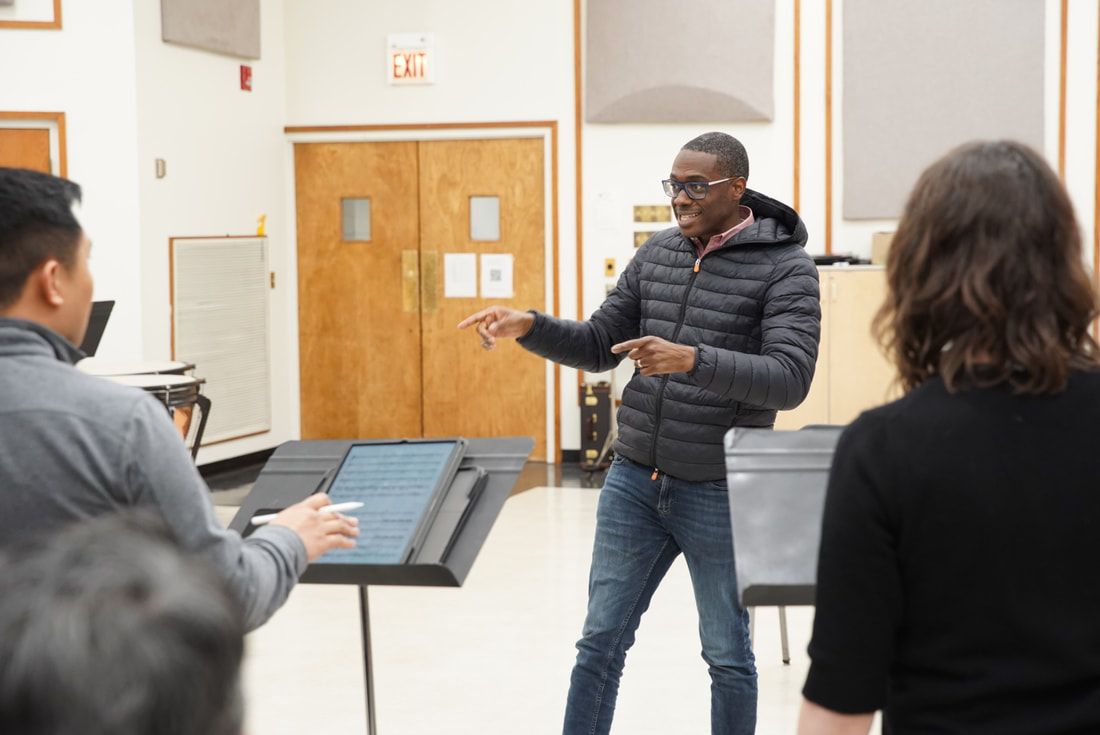
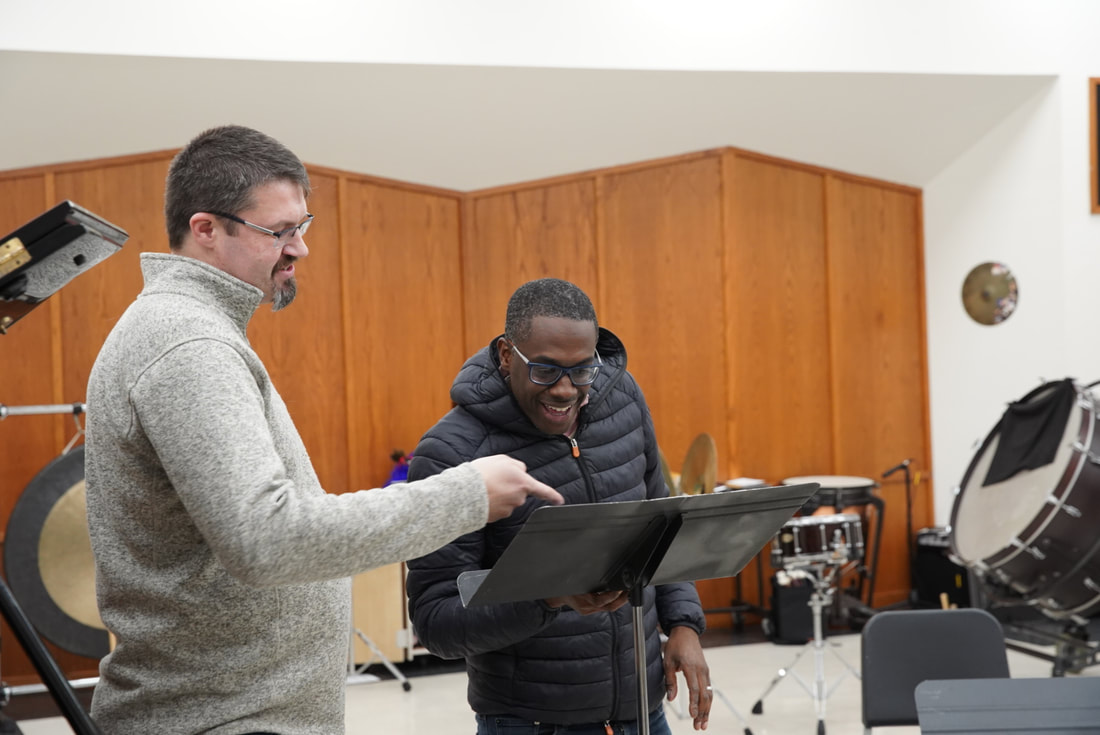
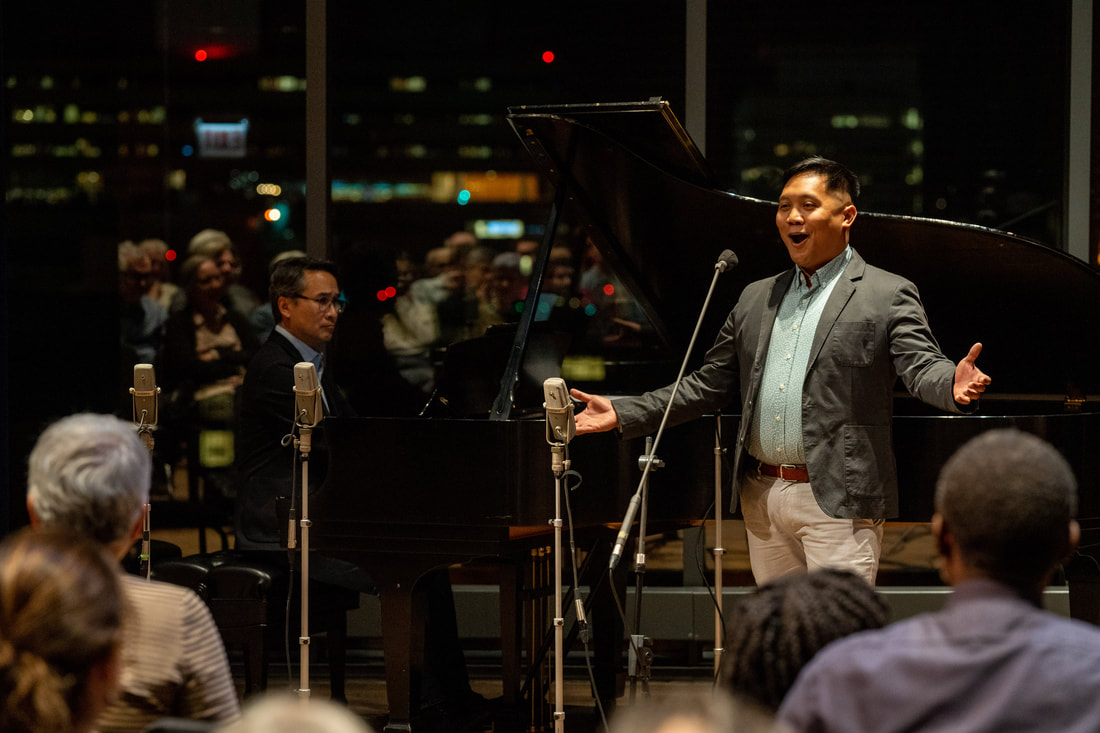
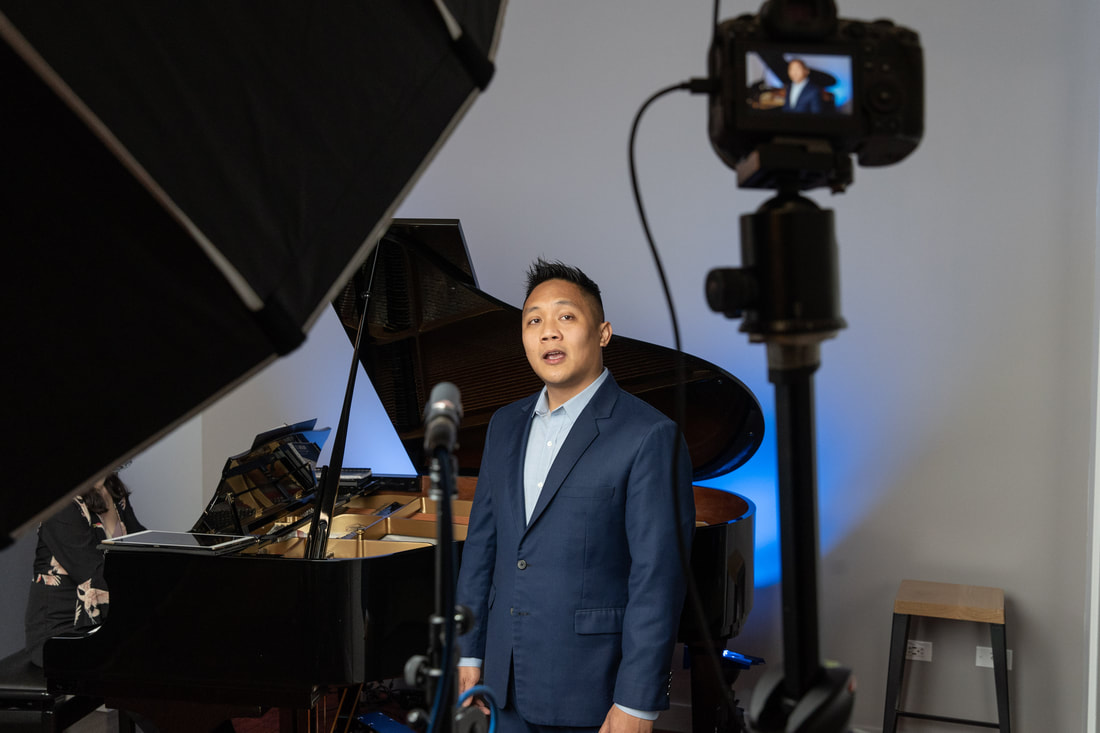
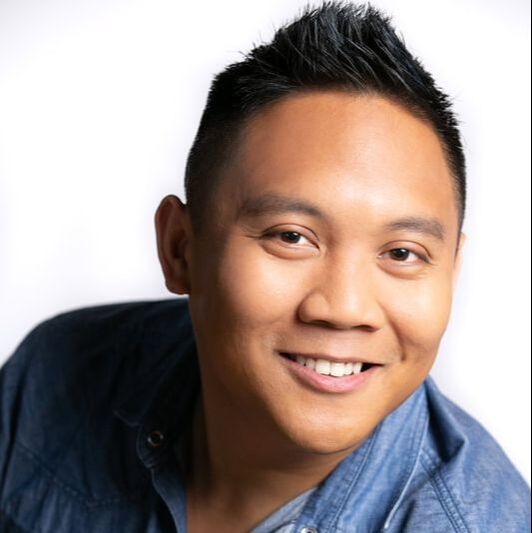
 RSS Feed
RSS Feed
